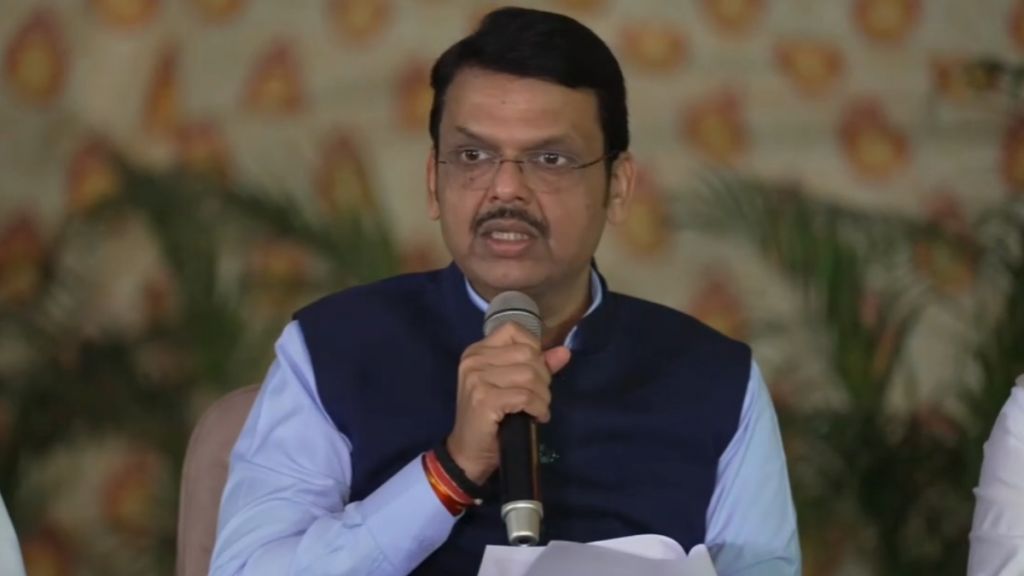
Mumbai: In a surprising turn of events, Chief Minister Devendra Fadnavis has taken control of the ministerial staff appointment process, directing that all new staff -- ranging from private secretaries (PS) to officers on special duty (OSD) -- must be approved by him before any appointments are made.
About The New Policy
This new policy, which applies to ministers from the BJP, Shiv Sena (led by Eknath Shinde), and NCP (led by Ajit Pawar), has created waves of uncertainty across the corridors of power in Maharashtra. On the final day of the assembly session, after completing the allocation of cabinet portfolios, Fadnavis laid down a clear directive: the ministers, including those from the Shinde faction of Shiv Sena and the Pawar-led NCP, can no longer appoint staff according to their own preferences. Instead, they must seek prior approval from the Chief Minister’s office (CMO), a move that has caught many ministers and their aides off guard. Sources confirm that official orders have already been dispatched in this regard, with a clear expectation that ministers will adhere to this new protocol.
The Chief Minister’s office will now oversee the approval process for appointing staff to the various ministers’ offices in the Mantralaya, the state government’s headquarters. The procedure itself is not without precedent. Fadnavis has previously implemented similar directives during his earlier tenures, specifically in 2014 and 2022. On those occasions, ministers were also required to submit their staff lists for approval. This time, however, the process is expected to be more rigorous, with the CMO scrutinizing each name for alignment with security and operational standards before granting permission. One of the primary reasons behind this measure is Fadnavis’s dual role as the Home Minister, which includes overseeing sensitive matters related to the security of cabinet staff.
The Chief Minister’s office will review confidential reports about the proposed appointments, ensuring that no potential security risks arise from the appointments. As per the new guidelines, the Chief Minister can appoint up to 148 staff members to his own office, while the Deputy Chief Ministers can assign up to 78. Other cabinet ministers are allowed to appoint 10-12 staff members each. However, ministers are now under explicit instructions to seek approval from the CMO before finalising any names.
One Of The Key Aspects Of This Directive
A key aspect of this directive is to prevent the reappointment of officers who served under the previous Maha Vikas Aghadi (MVA) government. There is growing concern that such staff members could leak sensitive information to opposition parties, which could tarnish the current administration’s reputation. Fadnavis’s directive aims to ensure that all staff in the ministers’ offices align with his government's security protocols and do not present risks of internal information leaks.
This move has not been universally welcomed. Several ministers, particularly those from Shiv Sena and NCP, have expressed surprise at the order, but have promised to comply with the new procedure. These ministers will seek approval from their party leaders, Shinde and Pawar, before submitting their staff lists for Fadnavis’s review. In a further layer of control, the CMO has issued a stern warning: any minister appointing staff without prior approval will face severe consequences, including the withholding of salaries for the appointed staff members.
Despite the surprise and resistance from some quarters, sources suggest that Fadnavis’s strategic move is aimed at ensuring closer oversight of the cabinet’s operations. This new approach will not only strengthen his control over staff but also act as a safeguard against potential leaks that could destabilize the government’s position.